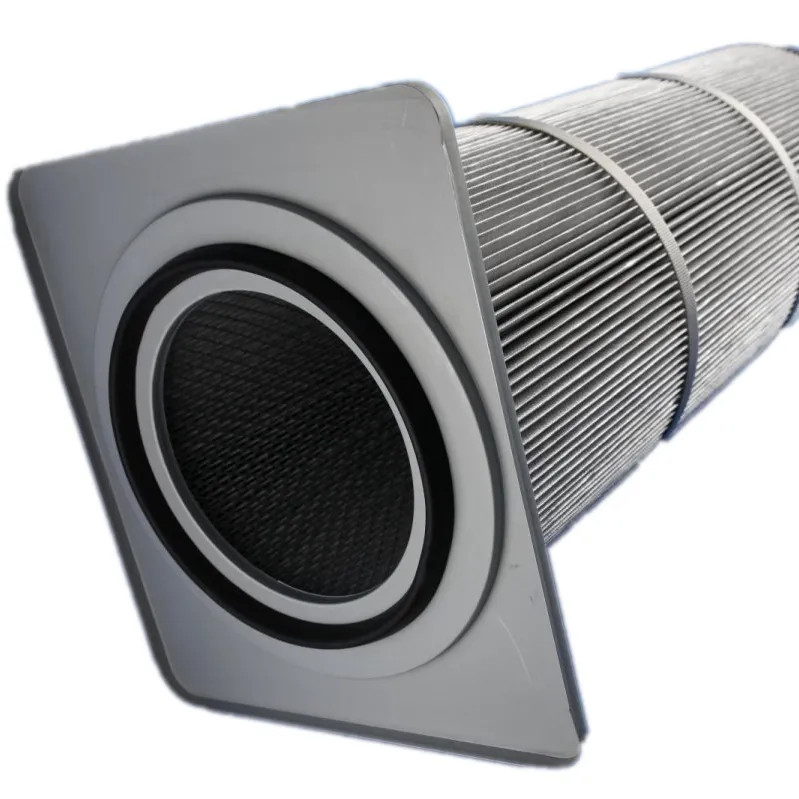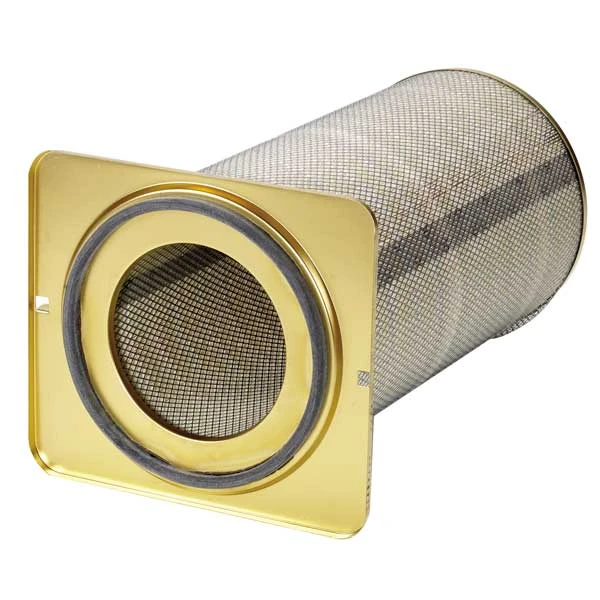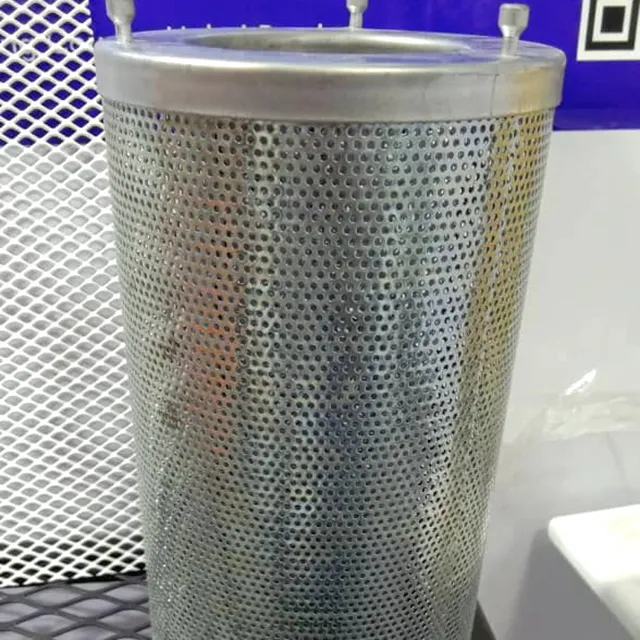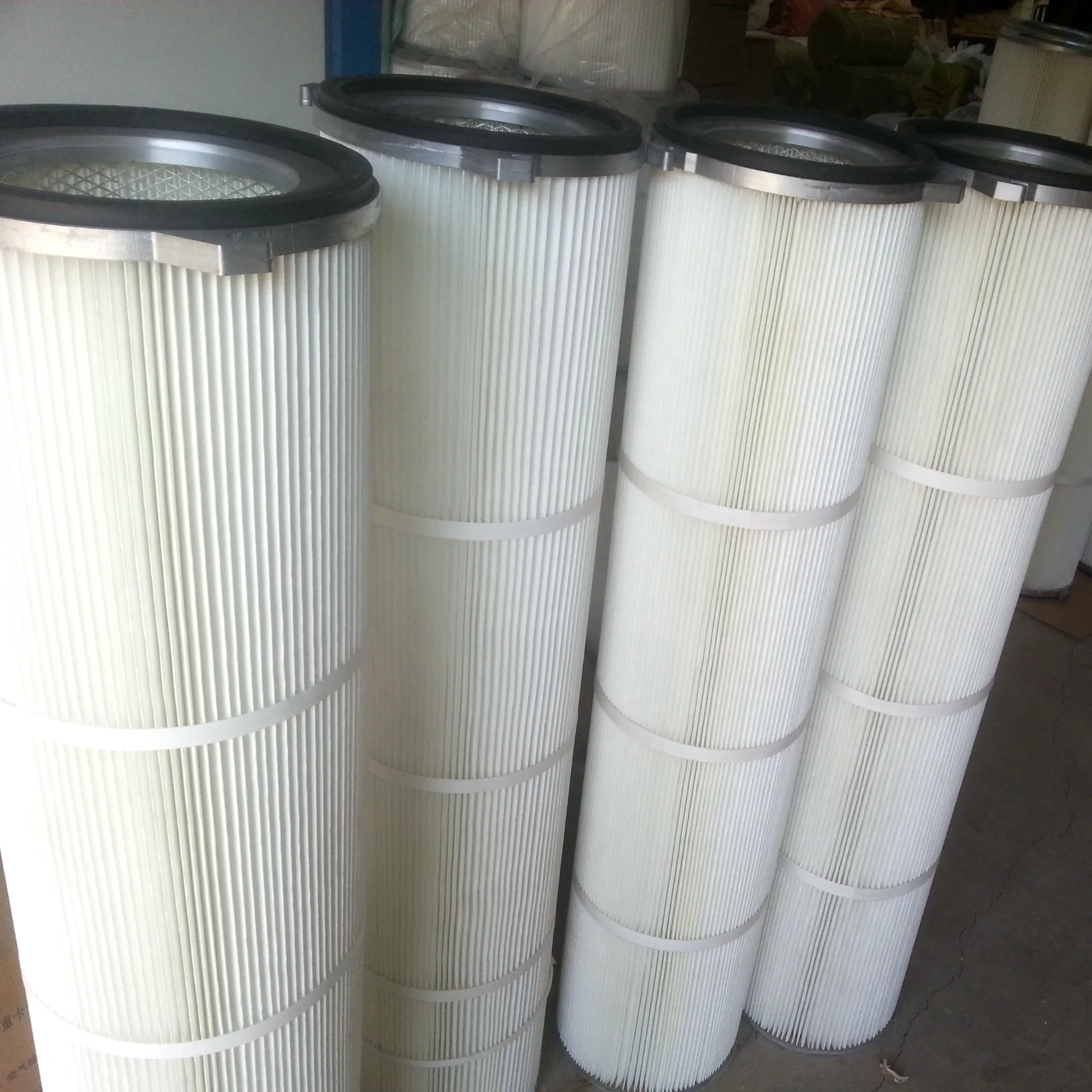 Tel:
+8618931101301
Tel:
+8618931101301
окт . 12, 2024 10:20 Back to list
gas turbine air intake filter
Gas Turbine Air Intake Filters Ensuring Optimal Performance and Longevity
Gas turbines are pivotal in various industries, especially in power generation and aviation. The efficiency and reliability of these turbines largely depend on their engine components, with the air intake system playing a critical role. One of the most important parts of this system is the air intake filter, which ensures that clean and contaminant-free air enters the turbine. The significance of air intake filters cannot be overstated, as they enhance performance, improve fuel efficiency, and prolong the life of the turbine.
The primary function of gas turbine air intake filters is to protect the engine from harmful particles present in the atmosphere. These particulates can include dust, dirt, salt, and other pollutants that can cause wear and tear on the turbine's components. By deploying effective air filtration systems, operators can minimize the risk of damage, which can lead to costly repairs and downtime.
Air intake filters are designed based on specific filtration requirements, and their effectiveness is usually rated according to the Minimum Efficiency Reporting Value (MERV) scale. A higher MERV rating indicates better filtration efficiency, meaning the filter can trap smaller particles. Selecting the right filter not only helps in maintaining the performance of the gas turbine but also optimizes the overall operational costs by reducing maintenance needs and extending the intervals between filter replacements.
gas turbine air intake filter
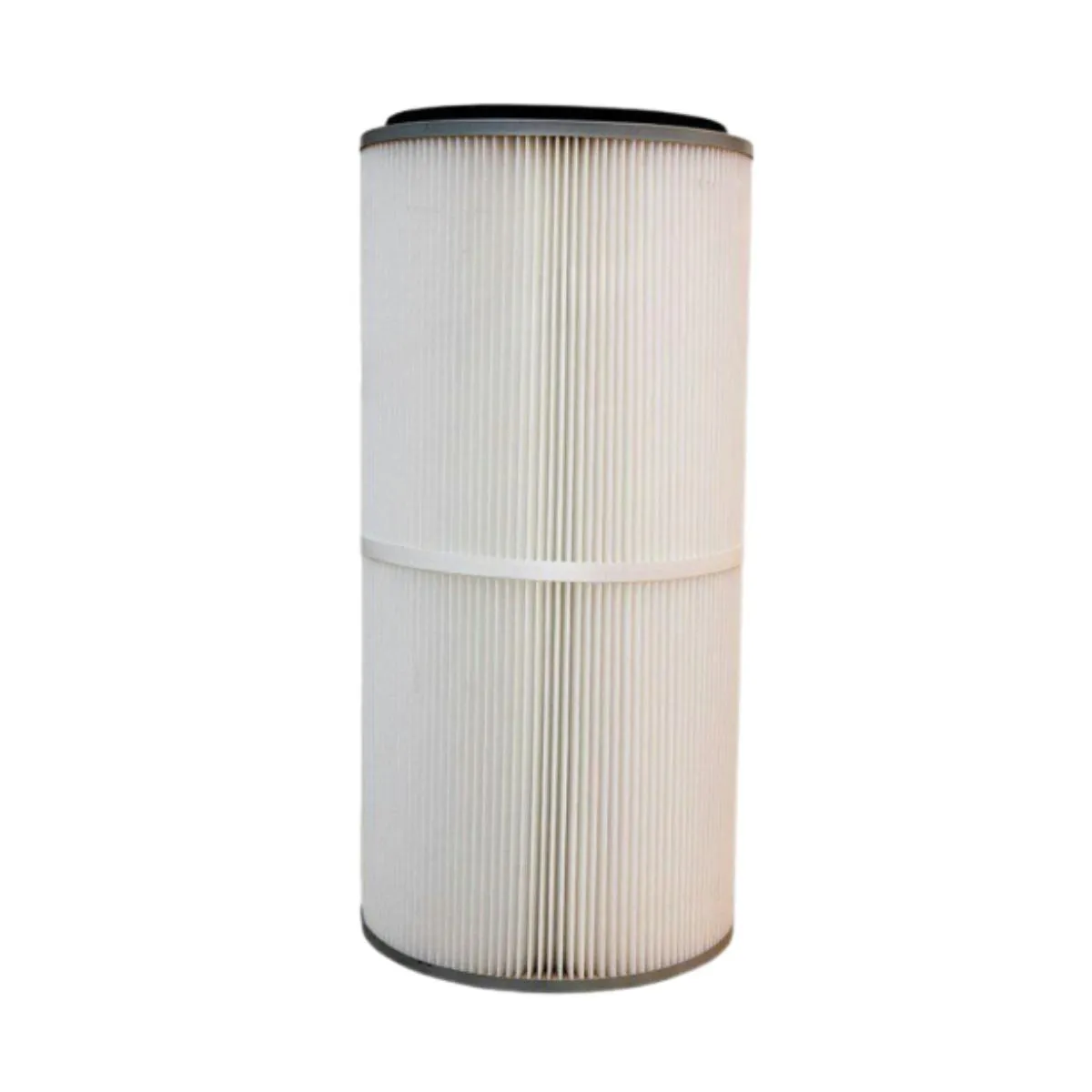
Modern air intake filters come in various types, including fiberglass, synthetic, and metal mesh filters. Each type has its own advantages and is suited for different operational environments. Fiberglass filters are lightweight and cost-effective, ideal for standard conditions. Synthetic filters, on the other hand, offer superior dirt-holding capacity and are suitable for more demanding environments, such as coastal areas or industrial settings with high levels of airborne particulates. Metal mesh filters provide durability and can be washed and reused, making them a sustainable option.
Regular maintenance and monitoring of air intake filters are crucial. Operators should implement a routine inspection schedule to check for signs of clogging or damage. A clogged filter can restrict airflow, leading to increased pressure drop and potentially reducing engine efficiency. This can force the turbine to work harder, ultimately affecting fuel consumption and emissions. Employing pressure differential measurements across the filter can help in determining when it needs cleaning or replacing.
Moreover, advancements in technology have allowed for the development of smart filtration systems that can provide real-time data on filter performance. These systems can alert operators when filters are nearing their saturation point, allowing for timely maintenance actions.
In conclusion, gas turbine air intake filters are a critical component that significantly contributes to the turbine's performance and reliability. By ensuring the intake of clean air, these filters not only protect the turbine’s intricate components but also enhance operational efficiency. Choosing the right type of filter, maintaining it diligently, and leveraging new technologies can lead to improved performance, reduced operational costs, and extended lifespan of gas turbines. As industries continue to focus on sustainability and efficiency, the role of air intake filters will undoubtedly remain a key consideration in the design and operation of gas turbine systems.
-
Cold knowledge of air filters: Why are some designed to be pleated?NewsJun.16,2025
-
Factory direct supply! High-precision air filter element wholesale and customizationNewsJun.12,2025
-
A complete analysis of the practical value of activated carbon filtersNewsJun.10,2025
-
Why are high iodine coconut shell activated carbon filters more durable?NewsJun.06,2025
-
Gas Turbine FilterNewsJun.06,2025
-
Filter TurbineNewsJun.06,2025

 Email:
Email:

